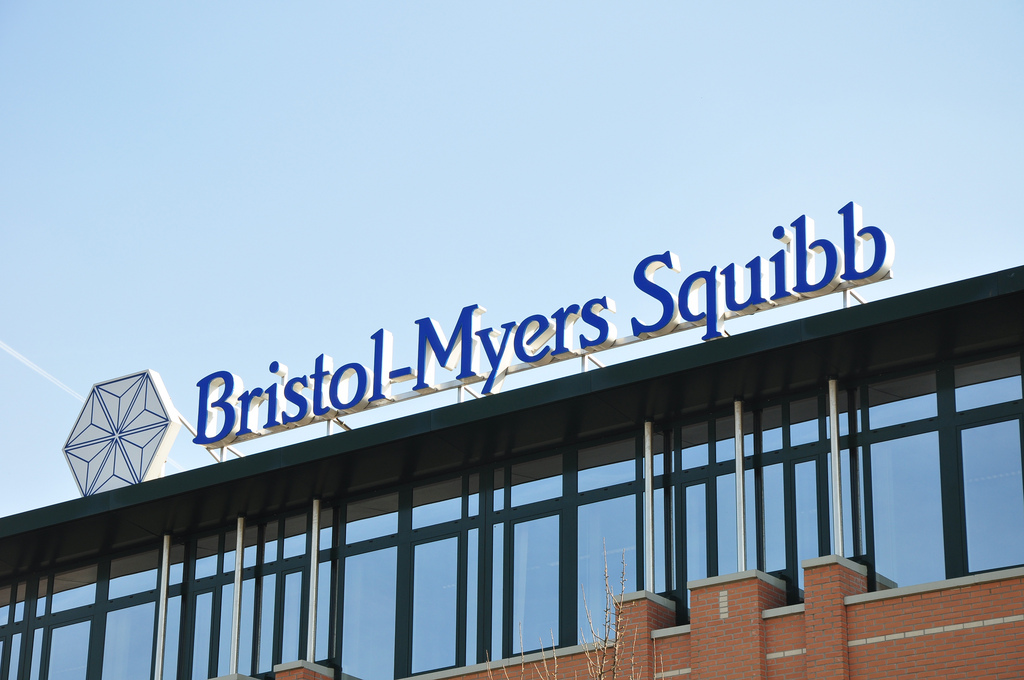
A batch of mixed data paints a hazy picture for the future of Bristol-Myers Squibb’s immunotherapy Opdivo.
First, results from one study had shown patients taking Opdivo fared worse than those who were on a chemotherapy treatment regimen, reported Reuters.
The purpose of this investigation was too see how Opdivo could assist the immune system in fighting cancer as an initial treatment for advanced lung cancer. Patients taking the drug lived a 4.2 month period before the disease worsened versus individuals who were solely on chemotherapy, which was a 5.9 month period.
Analysts were disappointed with these results although the difference wasn’t deemed statistically significant, wrote Reuters.
The expectation was that Opdivo could generate $840 million in sales for the second quarter, but these results coupled with a previous announcement when BMS revealed the candidate didn’t beat out older chemotherapies in a phase 3 trial complicates these financial prospects.
READ MORE: Positive Data on Merck’s Keytruda Drug for Lung Cancer Presented at ESMO 2016
Plus, Merck & Co’s Keytruda, a rival drug, demonstrated it could reduce the risk of disease progression in half for previously treated patients also decreasing overall deaths by 40 percent compared with chemotherapy. This news means Merck will have an advantage over the market segment featuring first-line lung cancer patients with high PD-L1 expression levels.
However, one upside for BMS is that Opdivo elicited impressive survival rates when compared to Keytruda in a study focusing on head and neck cancer patients, explained FiercePharma.
The CheckMate-141 study enrolled second-line patients with recurrent or metastatic squamous cell carcinoma of the head and neck. They reported that Opdivo provided stabilized symptoms and functioning over the first 15 weeks of therapy.
Keytruda previously gained approval from the FDA in August for head and neck cancer because it achieved a 16 percent response rate from study participants where 82 percent of them were still responding treatment six months later at the conclusion of the trial.
Opdivo, though, could have the edge since the drug was able to boost the median survival rate from 5.1 months to 7.5 with an approximate 36 percent of study participants living for at least 12 months.
These results were announced on Sunday at the European Society for Medical Oncology’s annual meeting in Copenhagen, Denmark.
Filed Under: Drug Discovery



